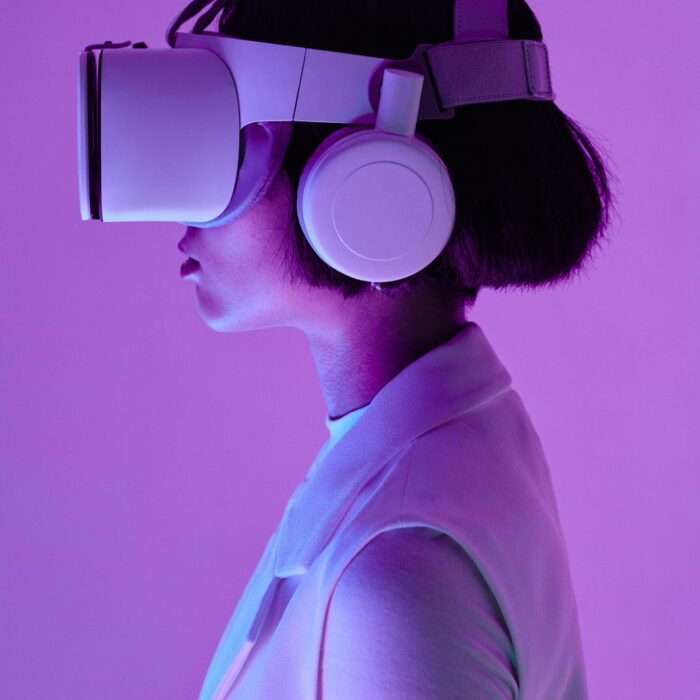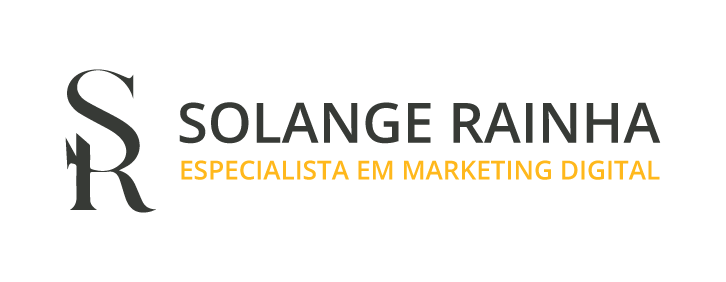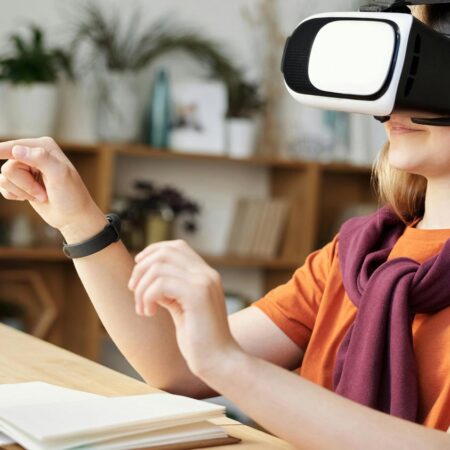The metaverse. A term that conjures up images of immersive virtual worlds and futuristic digital interactions. But how will this emerging technology impact our daily lives at work? Brace yourself, as the metaverse promises to revolutionize our professions in ways we are still beginning to understand.
Virtual Offices and Immersive Collaboration
Imagine working in a virtual office with a view of Christ the Redeemer, or collaborating on projects with colleagues from Lisbon to Tokyo, without leaving home. In the metaverse, meetings transcend physical limitations, with personalized avatars that allow for more expressive and natural communication. Teams can collaborate in real time on complex projects by viewing 3D models and interacting with virtual objects, taking collaboration to a new level.
Examples:
- Microsoft already uses Mesh for Microsoft Teams, allowing teams to come together in immersive virtual spaces, with personalized avatars and interaction with 3D objects.
- Accenture created Nth Floor, a virtual environment that replicates its physical offices, allowing employees to connect, collaborate and participate in events regardless of their location.
Immersive Training and Skills Development
The metaverse offers a new paradigm for learning. Through immersive and interactive simulations, professionals can develop new skills and improve existing ones in a more effective and engaging way. Imagine a surgeon practicing a complex surgery on a virtual patient, or a pilot training in a realistic flight simulator, without any risk.
Examples:
- The Strivr platform provides immersive training solutions for companies like Walmart and Verizon, using virtual reality to simulate real-life situations and develop practical skills.
- Stanford University uses virtual reality to teach anatomy to its medical students, allowing them to explore the human body in 3D and interact with its different systems.

New Professions and Opportunities
With the development of the metaverse, new professions and career opportunities will emerge. “World builders”, avatar designers, virtual community managers, digital security experts in the metaverse and creators of immersive experiences will be just some of the new professions in high demand.
Examples:
- Companies like Meta and Decentraland already hire professionals to build and manage their virtual worlds.
- Startups like Ready Player Me allow users to create personalized avatars to use on different metaverse platforms.
Flexibility and Work-Life Balance
The metaverse offers a more flexible work environment that adapts to individual needs. The boundaries between work and personal life become more fluid, allowing professionals to balance their responsibilities with greater freedom and autonomy.
Challenges and Considerations
Implementing the metaverse at work also brings challenges that need to be considered:
- Accessibility: Ensure that access to the metaverse is equitable and inclusive for all professionals, regardless of their socioeconomic conditions or geographic location.
- Data Security: Protect user data and ensure privacy in an immersive virtual environment.
- Mental Health: Monitor and prevent the impacts of the metaverse on workers' mental health, such as eye fatigue, depersonalization and social isolation.
- Ethics and Regulation: Establish clear ethical guidelines and regulations for the use of the metaverse at work, ensuring the safety, privacy and well-being of users.
The Metaverse: A Future Under Construction
The metaverse is shaping the future of work in ways we are still beginning to imagine. It is crucial that companies and professionals prepare for this new reality, exploring their potential and facing their challenges in a conscious and responsible way. The future of work in the metaverse is a future under construction, and it is up to each of us to contribute to its creation.




![[Vídeo] Coca-Cola Aposta em Anúncio de Natal com IA e Recebe Críticas Negativas](https://solangerainha.com/wp-content/uploads/2024/11/pexels-polina-tankilevitch-4109084-copy-450x450.webp)


No Comment! Be the first one.